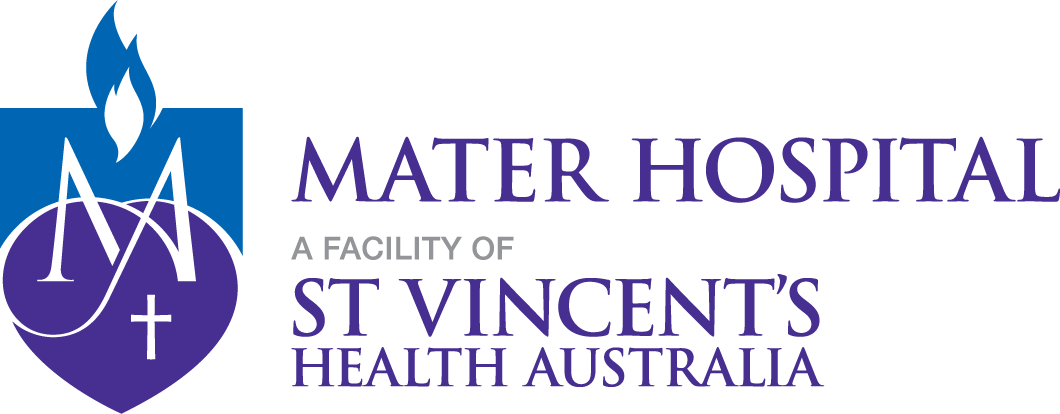Consultation
What is a Gastroenterologist?
A gastroenterologist is a medical doctor with advanced training in diagnosing and treating digestive system disorders. They can investigate problems using tools like endoscopy (a small camera inserted into your digestive tract), blood tests, imaging, and stool analysis. They also manage both common and complex digestive issues.
What is a Consultation?
A consultation with a gastroenterologist is a medical appointment focused on the digestive system. It helps diagnose, manage, and treat problems related to the stomach, intestines, liver, pancreas, gallbladder, and other parts of the digestive tract.
Why You Might Need a Gastroenterology Consultation
Your GP may refer you to a gastroenterologist if you have:
- Ongoing abdominal pain
- Unexplained weight loss
- Changes in bowel habits (e.g. constipation or diarrhoea)
- Rectal bleeding or blood in your stool
- Persistent heartburn or indigestion
- Bloating or nausea that doesn’t go away
- Liver problems such as abnormal blood tests
- Family history of bowel or digestive cancers
Early consultation can lead to earlier diagnosis and better outcomes, especially for serious conditions like bowel cancer or inflammatory bowel disease.
Benefits of Consultation
A consultation offers several key advantages that can help improve digestive health and overall well-being. These include:
- Early diagnosis: Seeing a gastroenterologist early may help detect conditions before they progress or become serious. This can lead to more effective treatment and better outcomes.
- Specialist knowledge: Gastroenterologists are trained in managing complex or long-term digestive disorders. They can provide expert advice that may not be available through general care.
- Access to investigations: Through consultation, patients can be referred for specialised tests such as colonoscopy, endoscopy, liver elastography, or capsule endoscopy.
- Personalised treatment: The specialist will recommend a treatment plan tailored to the patient’s specific needs. This may involve dietary advice, medication, or referrals for additional care.
- Long-term care: Some conditions require monitoring over time. Ongoing consultations help ensure that treatment remains effective and that the condition is not getting worse.
- Peace of mind: For many patients, understanding the cause of symptoms and receiving professional reassurance can reduce stress and improve quality of life.
What Happens Before the Appointment?
Before your consultation:
- Referral from your GP: Most patients see a gastroenterologist after a GP referral. This referral usually includes a summary of your symptoms, medical history, medications, and any relevant test results.
- Prepare a symptom diary: If possible, write down when your symptoms started, what makes them better or worse, and how often they occur. Bring a list of medications and supplements you’re taking.
- Fasting or test preparation: If any procedures (like an endoscopy or colonoscopy) are planned, you may need to fast or follow a specific diet beforehand. You’ll be given clear instructions ahead of time.
What Happens During a Consultation?
The consultation is usually 30 to 60 minutes and includes the following:
- Discussion of your symptoms: The specialist will ask detailed questions about your symptoms, medical history, lifestyle, diet, and family history.
- Physical examination: This may involve checking your abdomen for tenderness, swelling, or unusual sounds. It is non-invasive and usually painless.
- Review of previous tests: The doctor will look at your blood tests, imaging (like ultrasound or CT), or stool results if available.
- Plan for further tests: If necessary, the specialist might recommend more testing such as:
- Blood tests
- Imaging (e.g., ultrasound, CT, or MRI)
- Endoscopy (looking inside your digestive tract with a camera)
- Colonoscopy (to view the large intestine)
- Breath tests (for lactose intolerance or bacterial overgrowth)
- Initial treatment advice: You may be offered dietary advice, medication, or referred to a dietitian or another specialist.
What Happens After the Consultation?
After your consultation:
- You’ll receive a treatment plan tailored to your condition. This may include medications, lifestyle changes, further investigations, or procedures.
- Your GP will get a report summarising the findings, recommended tests, and treatment steps.
- You might be booked in for a follow-up to check your progress or discuss test results.
Common Procedures in Gastroenterology
Here are a few procedures that may be recommended:
- Endoscopy: A thin tube with a camera is passed down your throat to examine your oesophagus, stomach, and small intestine.
- Colonoscopy: Similar to an endoscopy, but used to view the rectum and colon. It is often used for bowel cancer screening.
- Capsule endoscopy: You swallow a small camera capsule that takes pictures as it moves through your digestive system.
- Liver biopsy or FibroScan: If you have liver disease, these tests help assess liver damage or fibrosis.
All procedures will be fully explained to you before they take place, including any risks or side effects.
Benefits of Seeing a Gastroenterologist
- Accurate diagnosis: Specialists have the tools and training to find the cause of unexplained symptoms.
- Early detection of serious conditions: Such as bowel cancer or liver disease.
- Specialist treatment: Including advanced medications or procedures not usually offered by a GP.
- Personalised care: Tailored advice for diet, lifestyle, and long-term management.
- Ongoing support: For chronic conditions like coeliac disease or inflammatory bowel disease.
Risks or Downsides of the Consultation
- Procedures may carry risks: While rare, endoscopy or colonoscopy can cause bleeding, perforation, or infection.
- Waiting time: In public hospitals, there can be a wait to see a specialist unless your condition is urgent.
- Cost: Private consultations may involve out-of-pocket fees. Check with the clinic regarding Medicare rebates or private health cover.
What If a Gastroenterology Consultation is Delayed?
Delaying your consultation can lead to:
- Worsening of symptoms
- Delayed diagnosis of serious conditions like cancer or liver disease
- Poorer long-term outcomes, especially with chronic conditions like Crohn’s or ulcerative colitis
If your symptoms are getting worse or if you notice bleeding, weight loss, or severe pain, seek urgent medical attention.













